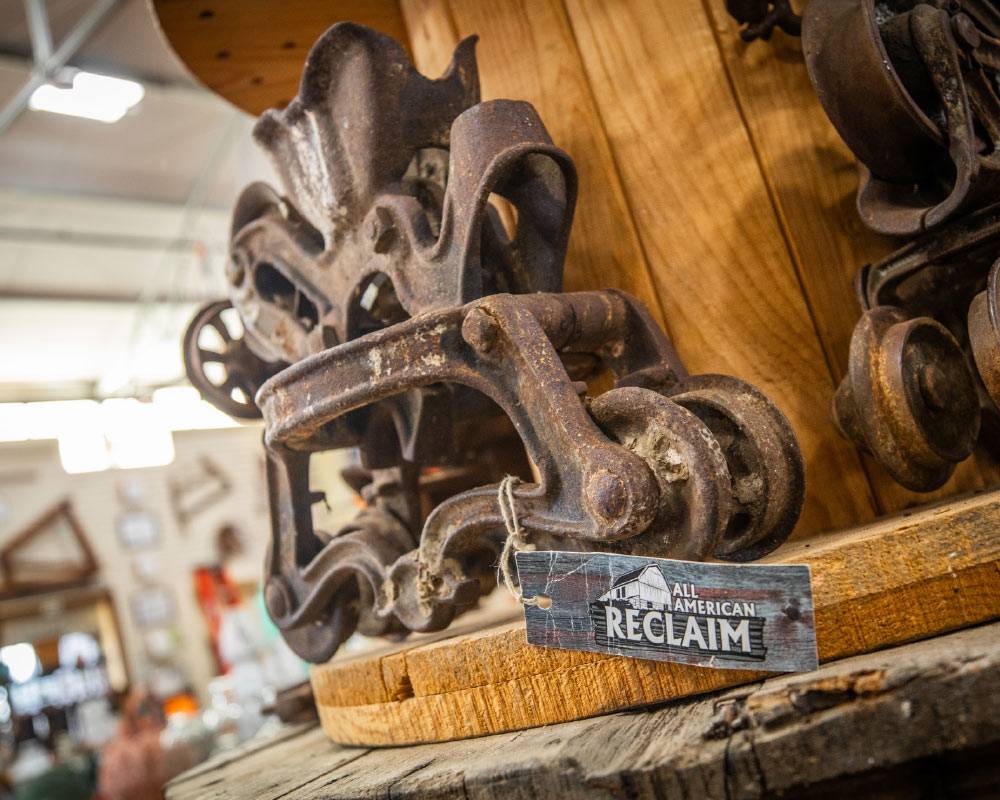The war set into motion decisions and actions that still impact us today. Test your knowledge about this globe-altering event.
1. Which of these is not another common name for World War I?
A. The War of the Roses
B. The Great War
C. The War to End All Wars
2. In 1914 Germany, Great Britain and the U.S. had the world’s largest economies because of what?
A. Strategic locations
B. Advanced industrialization
C. Imperial conquests
3. In 1914, which of these was not a major military power?
A) France
B) Great Britain
C) Russia
D) U.S.
4. The assassination of Austrian Archduke Franz Ferdinand and his wife, Sophie, on June 28, 1914, set World War I into motion. In what city did this take place?
A) Sarajevo
B) Paris
C) Leningrad
D) Barcelona
5. What was the assassin’s motive?
A) Germany wanted to elevate its world standing. B) Ferdinand’s relatives in Hungary wanted to seize power.
C) Serbian Nationalists wanted to weaken Austria-Hungary’s occupation of Bosnia.
D) Sophie’s sister hired the assassin because she was jealous.
6. What does “The July Crisis” refer to?
A) Famine throughout the military in 1916
B) The chain reaction of events that lead to the outbreak of war in Europe.
C) An outbreak of Spanish Flu in 1915.
D) Running out of fireworks in France.
7. The Central Powers consisted of Germany, Austria-Hungary, the Ottoman Empire and which other country?
A) Bulgaria
B) Sweden
C) Holland
D) Figi
8. In 1914, the Allies, or Etente Powers, consisted of the Russian Empire, France and the United Kingdom. Which country joined them in 1917?
A) The U.S.
B) Norway
C) Spain
D) Switzerland
9. Which of these locations did not see combat during World War I?
A) The Atlantic Ocean
B) Europe/Asia
C) Iceland
D) Africa
10. Which of these was not a key Allied leader during World War I?
A) Prime Minister Georges Clemenceau of France
B) Tsar Nicolas II of the Russian Empire
C) Kaiser Wilhelm II of Germany
D) U.S. President Woodrow Wilson
11. Which of these did the Allies lose?
A) Battle of the Marne
B) The Gallipoli Campaign
C) Battle of Megiddo
D) Battle of Amiens
12. Which statement about World War I naval warfare is false?
A) The Battle of Jutland, won by the Allies, was the largest naval battle of the war.
B) A naval arms race deepened hostilities between Britain and Germany well before the war began.
C) Radio communication wasn’t yet invented, so submarines were ineffective.
D) Naval technology was dominated by the dreadnought-style battleship.
13. World War I saw modernized killing technologies emerge. Which of these was not one of them?
A) Nuclear Submarines
B) Poison gas
C) Tanks
D) Machine guns
14. Which of these statements about Africa’s role in World War I is false?
A) Many Africans used the war as an opportunity to resist colonial oppressors.
B) The war marked the end of German occupation in Africa.
C) More than 1 million Africans died in service to European soldiers.
D) Africa was spared from the 1918 Spanish flu pandemic.
15. Which of these was the longest World War I battle, lasting nearly all of 1916?
A) The Battle of Verdun
B) The Brusilov Offensive
C) The Battle of Jutland
D) Battle of Amiens
16. Which aircraft was not used in World War I?
A) Zeppelin airships
B) Fighter airplanes
C) Observation balloons
D) Helicopters
17. What international organization formed after World War I to prevent new wars?
A) UNICEF
B) League of Nations
C) Doctors Without Borders
D) World Health Organization
18. Which country deeply resented the Treaty of Versailles, setting the stage for World War II?
A) Germany
B) France
C) Belgium
D) England
Quiz Answers
1a
2b
3d
4a
5c
6b
7a
8a
9c
10c
11b
12c
13a
14d
15a
16d
17b
18a























































